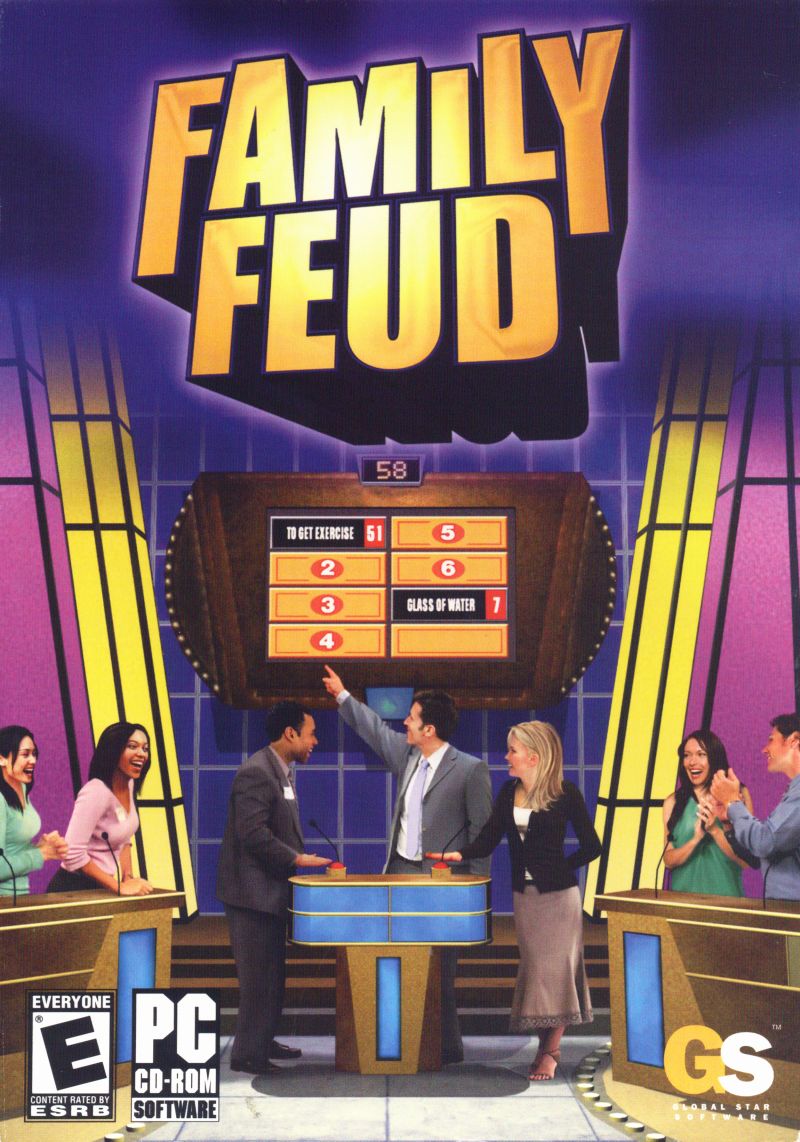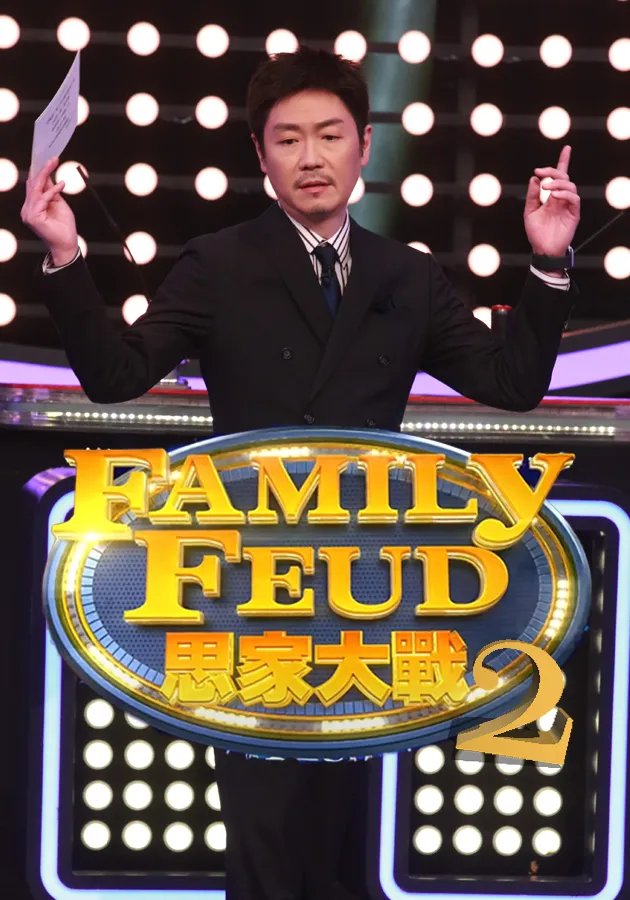Can feuds ever truly be resolved, or are they destined to linger indefinitely? A bold statement suggests that feuds often serve as the catalysts for some of the most compelling narratives in both entertainment and real life. The essence of human drama lies in these prolonged conflicts, which can transform from mere disagreements into legendary tales. Whether it's the tension between two Hollywood legends or the rivalry between literary icons, feuds have consistently captivated audiences worldwide.
The television series Feud, created by Jaffe Cohen, Ryan Murphy, and Michael Zam, dives deep into these intense rivalries. This anthology series explores famous disputes that have shaped cultural history. One of its standout seasons centers on the infamous feud between Bette Davis and Joan Crawford during the filming of What Ever Happened to Baby Jane? Their rivalry was not merely a professional disagreement but a personal vendetta that transcended the silver screen. The show also delves into other notable feuds, such as the one between Truman Capote and the New York elite, illustrating how these conflicts influenced both the individuals involved and the broader society.
| Bio Data | Details |
|---|---|
| Name | Ryan Murphy |
| Date of Birth | October 30, 1965 |
| Place of Birth | Indianapolis, Indiana, USA |
| Profession | Producer, Director, Screenwriter |
| Education | Bachelor of Arts in Journalism from Indiana University |
| Career Highlights | Creator of popular TV series like American Horror Story, Glee, and Feud. Nominated for multiple Emmy Awards and won Golden Globe Awards. |
| Website | IMDb Profile |
The concept of a feud extends beyond the realm of entertainment. It permeates various aspects of human interaction, from familial disputes to international conflicts. In literature, feuds often serve as central themes, driving the narrative forward and providing depth to characters. For instance, the Capote vs. the Swans feud explored in the second season of Feud showcases the complexities of social dynamics within the elite circles of New York. Truman Capote’s relationship with the prominent women of his time, known as the Swans, evolved from admiration to animosity, reflecting the volatile nature of friendships under scrutiny.
Feuds are not always about personal grievances; sometimes, they stem from ideological differences. The rivalry between Bette Davis and Joan Crawford was partly fueled by their contrasting approaches to acting and their differing views on what constituted success in Hollywood. While Davis was known for her strong, independent characters, Crawford favored more glamorous roles, embodying the quintessential Hollywood starlet. Their clash represented a larger debate about the evolving landscape of female representation in cinema.
In contemporary society, feuds continue to fascinate and provoke discussion. Social media platforms amplify these conflicts, allowing them to reach a global audience instantly. However, the essence of a feud remains unchanged—it is a testament to the enduring nature of human emotions and the complexity of relationships. Whether it unfolds in a kitchen-extension thriller or in the corridors of power, a feud has the potential to reveal truths about the individuals involved and the societies they inhabit.
The definition of a feud varies across cultures, yet its core remains consistent: a prolonged quarrel marked by hostility and enmity. In Thai, the term ความพยาบาท captures this sentiment, emphasizing the bitterness and grudge-holding inherent in such disputes. Similarly, in English, a feud is characterized by its longevity and intensity, often spanning generations in certain contexts. The Cambridge Dictionary succinctly defines a feud as an argument that persists over time, affecting not only the immediate parties but also those around them.
Historically, feuds have played significant roles in shaping communities and nations. From the Hatfields and McCoys in America to the Montagues and Capulets in Shakespearean lore, these conflicts have left indelible marks on collective memory. They remind us of the fragility of peace and the resilience required to mend broken ties. Yet, they also highlight the transformative power of storytelling, turning ordinary disputes into epic sagas that resonate through time.
In the world of entertainment, feuds provide rich material for creators seeking to explore the darker sides of human nature. Shows like Feud capitalize on this fascination, offering viewers a glimpse into the lives of iconic figures whose rivalries defined their legacies. By examining these conflicts, audiences gain insight into the motivations and vulnerabilities of the individuals involved, fostering empathy and understanding.
Ultimately, feuds challenge us to reflect on our own relationships and the ways in which we navigate conflict. They serve as reminders of the importance of communication, compromise, and forgiveness in resolving differences. While some feuds may never find resolution, their exploration enriches our understanding of the human condition, reminding us that even in adversity, there is room for growth and reconciliation.
As the series Feud demonstrates, the stories behind these legendary disputes are as captivating as the personalities themselves. Through meticulous storytelling and nuanced character development, the show invites viewers to reconsider preconceived notions about rivalry and enmity. It challenges us to look beyond the surface-level animosity and delve deeper into the psychological and emotional landscapes that fuel these conflicts.
In conclusion, feuds remain an integral part of human experience, influencing everything from interpersonal relationships to global politics. Their portrayal in media offers valuable lessons about the intricacies of human interaction and the potential for transformation. As we continue to engage with these narratives, we are reminded of the power of storytelling to illuminate the complexities of our shared history.



